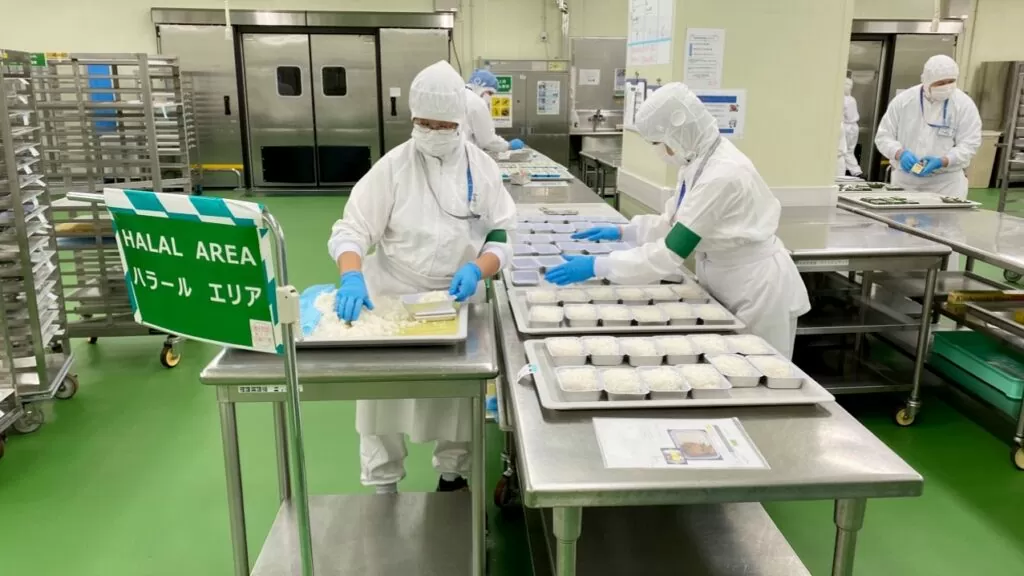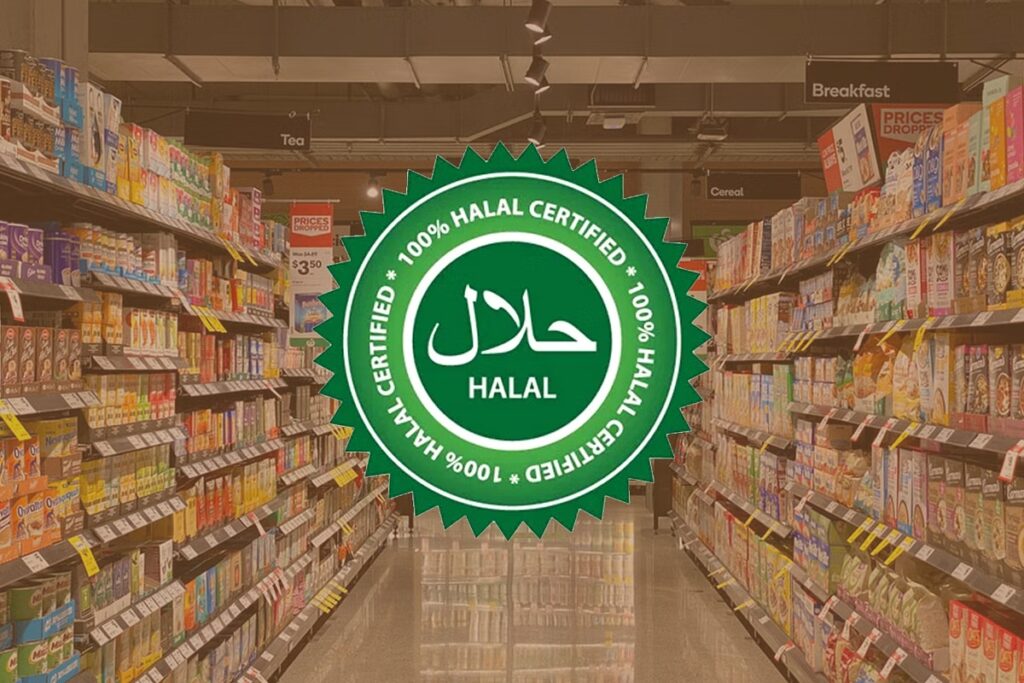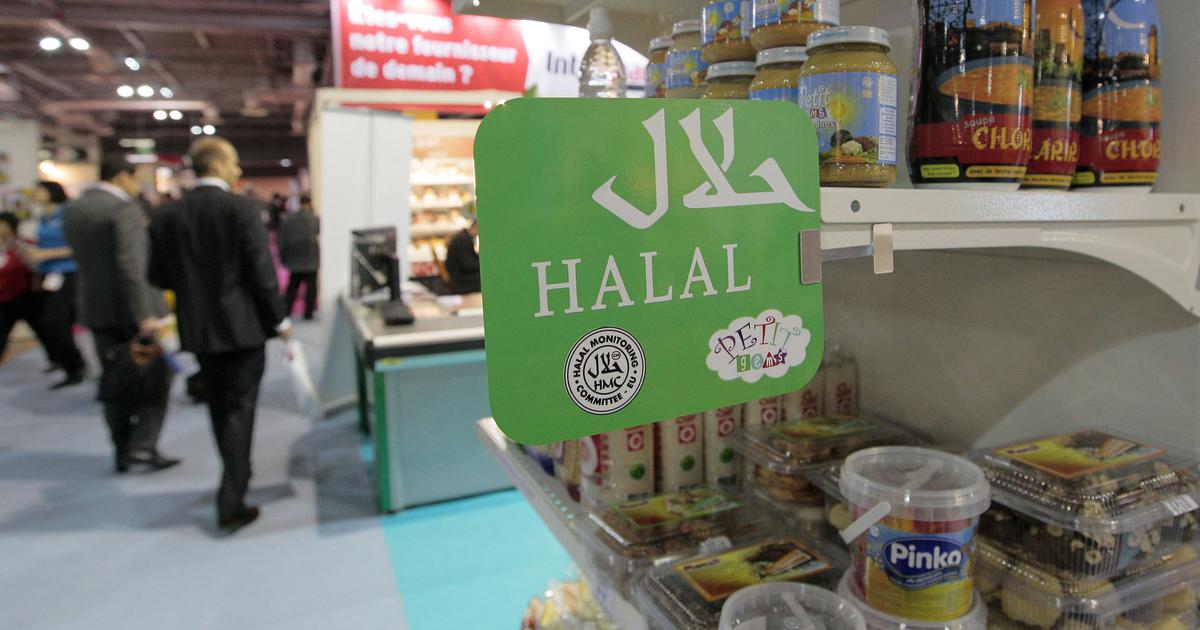Halal certification is a process of verifying that a product meets the Islamic dietary rules and is suitable for Muslim consumers. However, the Uttar Pradesh government has recently announced a statewide ban on products being sold with halal certificates, citing that they are “toying with the public’s faith”. What does halal certification entail and how does it benefit businesses? Here is everything you need to know.
Halal is an Arabic word that means “permissible” or “lawful” in Islam. It is often used to refer to food that is prepared according to Islamic dietary rules, but it can also apply to other products that are consumed or used by Muslims, such as cosmetics, pharmaceuticals, and clothing.
Halal certification is a voluntary service that is offered by various private organizations that claim to represent the Muslim community and follow the Islamic Shariah law. These organizations charge a fee for their services and have their own standards and criteria for halal certification.

Once a product passes the halal certification process, it is given a halal logo or seal that indicates its halal status. The logo or seal may also mention the name of the certifying agency and the country of origin. The halal certificate is valid for a certain period of time, usually one year, and has to be renewed periodically.
Halal certification helps businesses in expanding their market share and customer base by catering to the growing demand for halal products among Muslims and non-Muslims alike. According to a report by the Pew Research Center, Muslims are projected to make up 29.7% of the world’s population by 2050, up from 24.1% in 2020.
Halal certification can also increase export potential by complying with the halal regulations and standards of different countries, especially in the Middle East, Southeast Asia, and Africa, where halal products are highly preferred and valued. According to a report by the International Trade Centre, the global halal market was worth $2.3 trillion in 2018, with food and beverages accounting for 58% of the total value.
Some of the major halal certification bodies in India are Jamiat-Ulama-E-Maharashtra, Jamiat-Ulama-i-Hind Halal Trust, Halal India and Halal Certification Services India. Some of the well-known Indian companies that have obtained halal certification are Haldirams, the Indian multinational sweets, snacks and restaurant company, Amul, the dairy cooperative, and Britannia, the food products corporation.
However, the Uttar Pradesh government has announced a statewide ban on products being sold with halal certificates. “The manufacturing, storage, distribution, and sale of halal-certified food products are banned with immediate effect,” said an order issued by the UP Food, Safety and Drug Administration Commissioner Anita Singh.

This came amid clamouring from Hindu factions that having the word ‘halal’ gave Muslim exporters an unfair advantage. An FIR was lodged at Lucknow’s Hazratganj police station on Friday (November 17) in which the complainant Shalendra Sharma alleged that “some companies have started certifying products as halal in order to increase their sale among a community,” and thus were “toying with the public’s faith”.
In a communiqué issued on Saturday, November 18, 2023, Jamiat Ulama-I-Hind Halal Trust, one of the prominent halal certification bodies in India, elucidated the fallacies around halal certification and accentuated its merits for the nation and the consumers, asserting, “Halal certification is not only a matter of personal prerogative and religious liberty, but also a substantial economic activity benefiting our nation”.
“We conform to government regulations and global standards for halal certification, and we vigorously promote Indian halal certified products in international markets. Our halal certificates are globally acknowledged and accepted by diverse governments and authorities all across the world,” the communiqué further added.
“Some individuals disseminating spurious claims against halal certification directly jeopardize our national interests. Halal trade stands as a significant $3.5 trillion industry, and India benefits from its promotion in exports and tourism, particularly with our vital trade partners in the OIC countries and Southeast Asia,” the statement highlighted.
As evidenced by the Kerala High Court’s observation on the necessity to comprehend the concept of halal, we stand committed to clarifying and upholding the integrity of our operations and are also prepared to take requisite legal measures to counter such misinformation and address the fallacies surrounding halal certification, explained the official communiqué.
Also read: Islamic Dietary Laws under the Scientific Microscope









